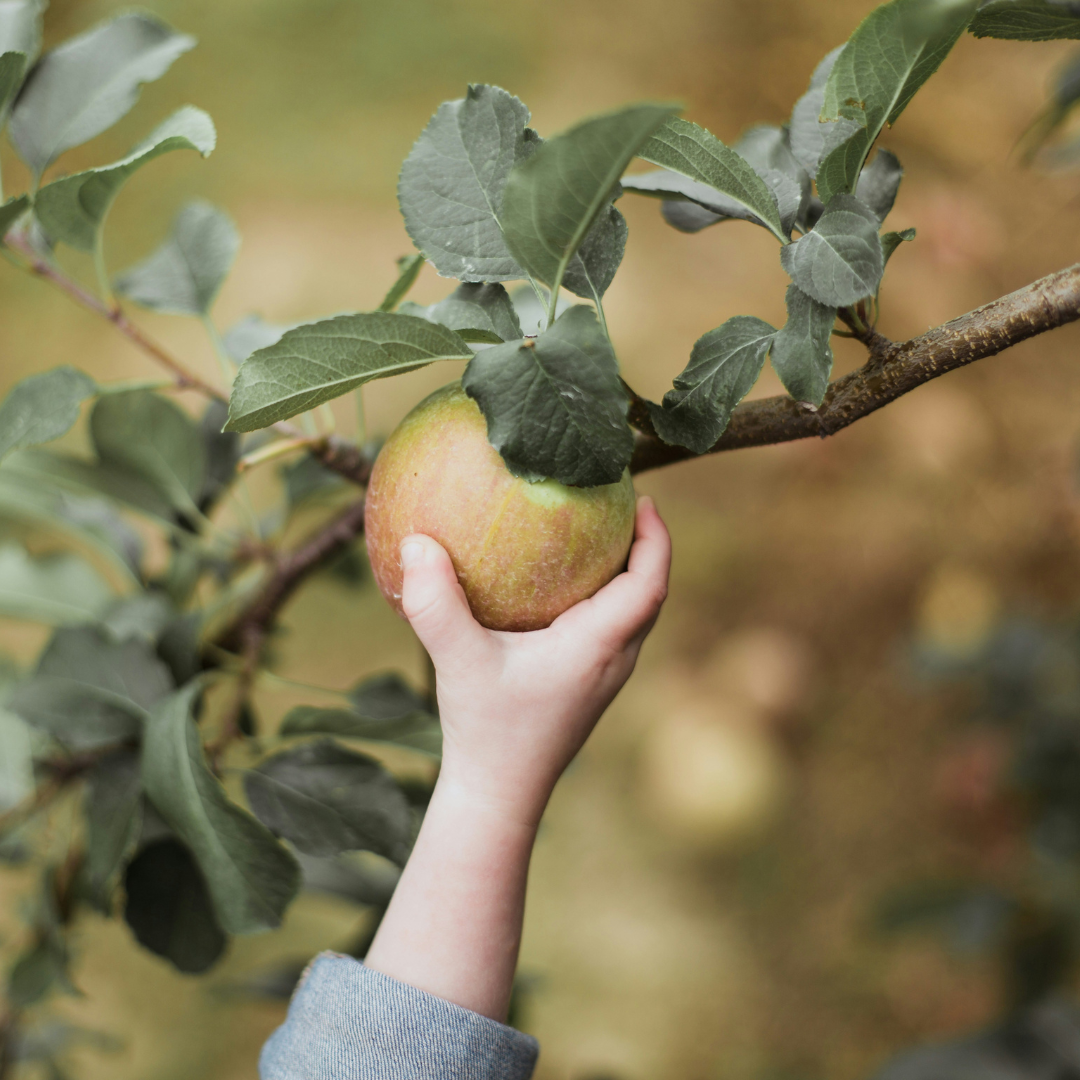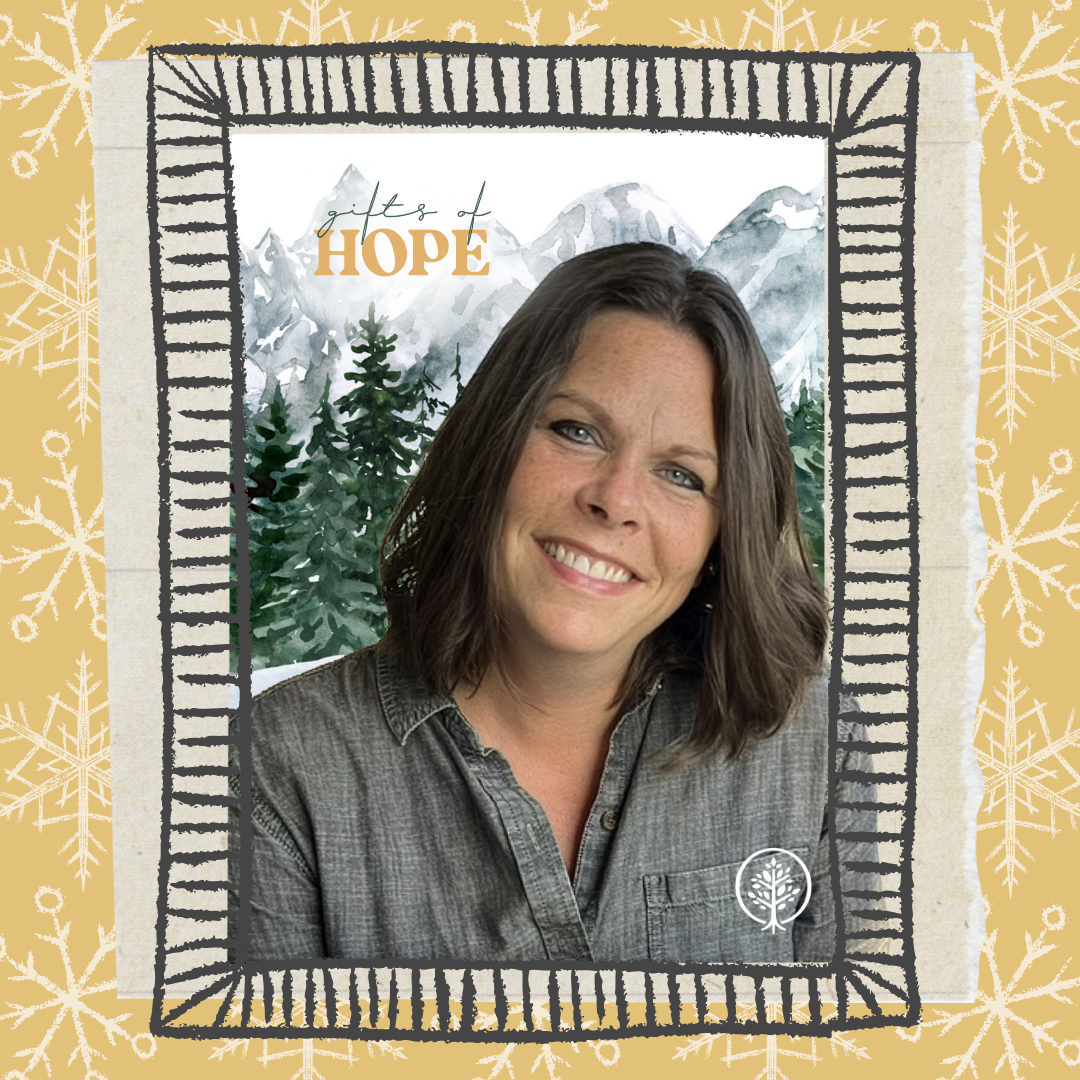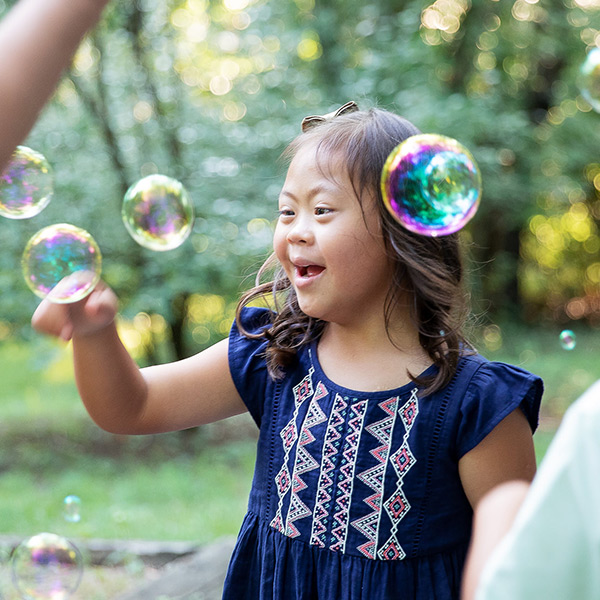Stepping into the Stream
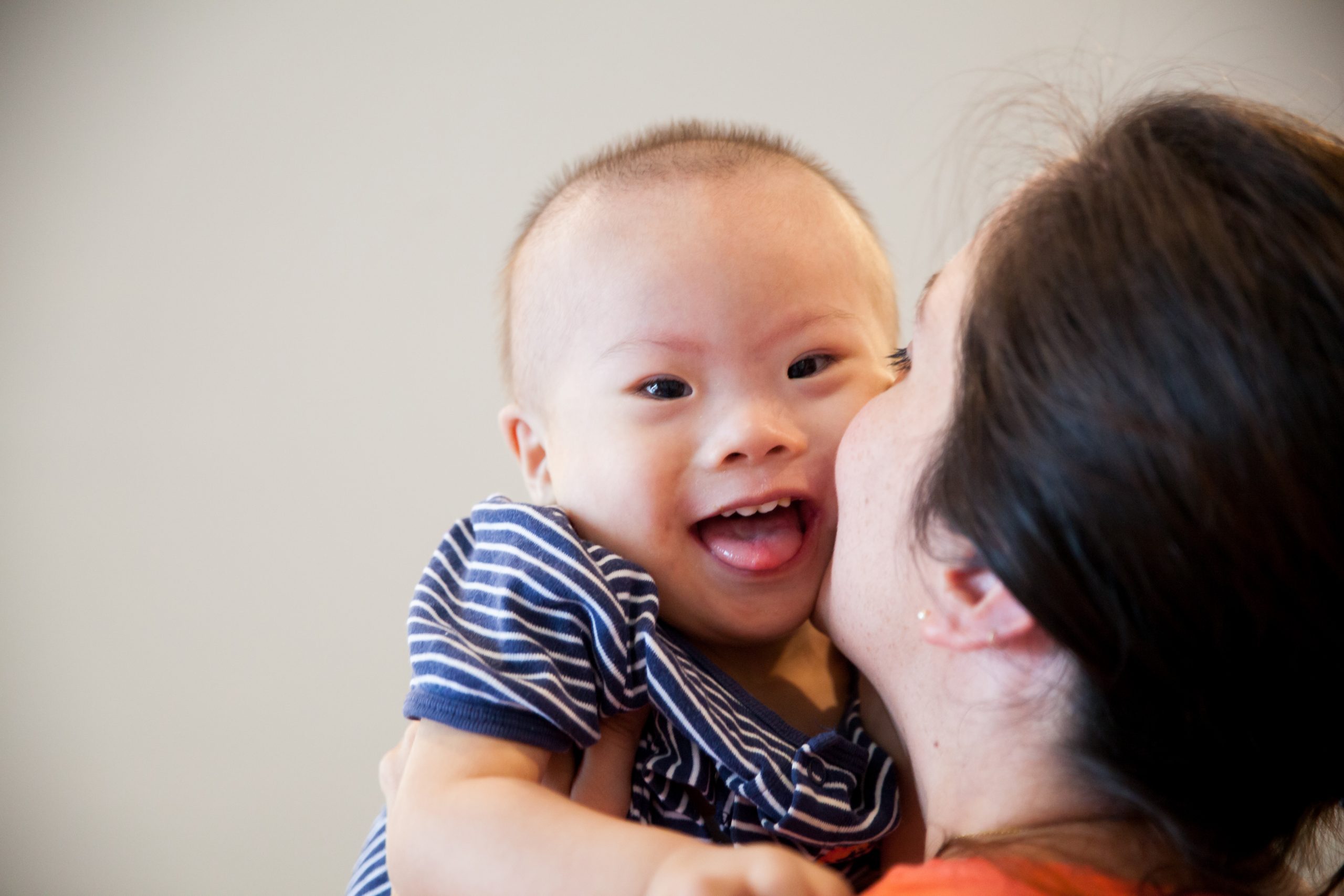
Within the blue, cloud-covered walls of Maria’s Big House of Hope you will find a lot of laughter. As you walk through the halls of the other Care Centers Show Hope supports, this same laughter can also be heard spilling out of the brightly colored rooms you pass.
Inside those rooms are some of the bravest children in the world.
“All of the kids under our care have experienced significant loss. Just the fact that they’re in our care means that they are up against some pretty hard things,” explained Nate Renich, who directs attachment care and serves as the Show Hope liaison at the Care Centers in China.
Research has shown that when children experience early trauma, it changes the way their brains develop. The effects of this can be varying and complex, but there is hope.
Through our work in Pre+Post Adoption Support, Show Hope partners with the Karyn Purvis Institute of Child Development at TCU to help equip families and professionals to better care for children impacted by adoption and foster care, using the Purvis Institute’s therapeutic model: Trust-Based Relational Intervention® (TBRI®).
TBRI is a holistic, attachment-based, trauma-informed intervention that is designed to help meet the complex needs of children who have experienced early loss and/or trauma.
Out of a desire to always extend the best care possible, Show Hope has long-dreamed of introducing TBRI principles in a more formal way as an additional resource to the attachment care provided at the Care Centers in China. And over the last year, this dream finally began to materialize as many of the nurses and children’s nannies attended their first attachment care sessions, taught by long-time Show Hope staff member Katie McGunnigal, a trained TBRI facilitator who speaks Mandarin.
“I didn’t know how it would go,” Katie said. “It can be overwhelming, even when you are asking for the additional resources. But the staff and caretakers were willing to listen, and I think God prepared their hearts to receive it and try it.”
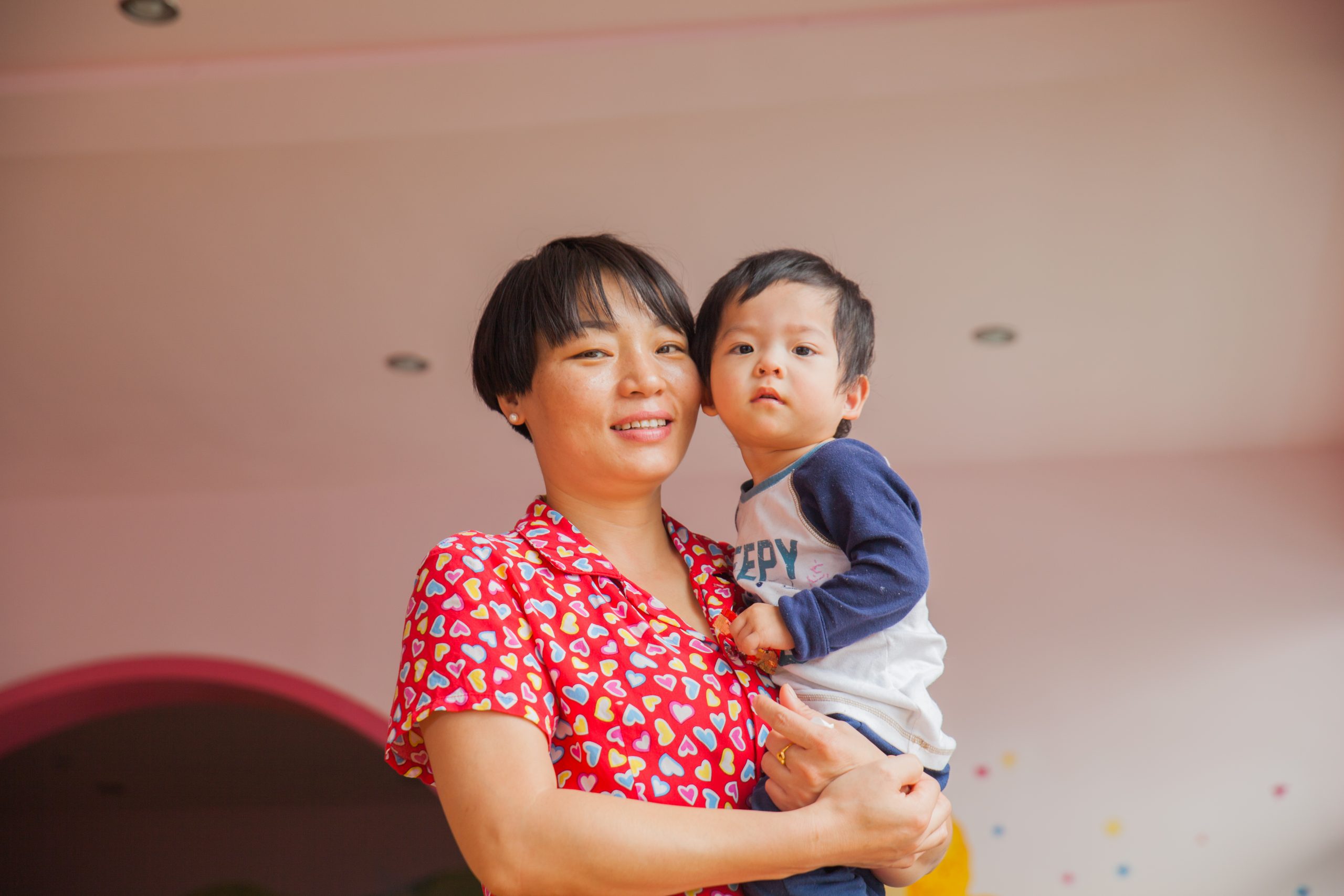
During one of these training sessions, Katie and her team walked the nannies through an activity designed to help them understand and experience, in a small way, the loss and trauma the children they care for have experienced.
“God used that to build compassion and empathy in ways I don’t think they had thought of before,” Katie said. “And as this new compassion has developed, we’ve been able to give the nannies tools from TBRI to know how to better meet the children’s needs and be able to look beyond their behavior.”
Katie observed as one nanny in particular began to use these new techniques in her interactions with a little boy who was exhibiting some challenging behaviors. As the nanny continued to help this little boy feel safe and heard, their relationship deepend. “And his nanny was the one who told this little boy when he had been matched with a family,” Katie said. “Because they were connected—because she stuck it out—and they have a beautiful relationship.”
“The door God has opened to be able to further these connections and help our caregivers understand what it means to truly care for the heart of a child is invaluable,” Nate said.
This past January, Katie moved to Luoyang, China, and began working full-time at the Care Centers as the attachment care manager.
While there are hard realities we can’t change in the lives of children who have been orphaned, there is also hope. We can continue to train and equip parents and care professionals with the tools they need to help each child feel secure, valued, and loved.
“We want to honor each life as it comes to us,” Nate said. “We all want to be heard. It’s no different with our caregivers, it’s no different with our kids. And for those of you who have been to Maria’s, you know there’s a lot of laughter. There’s a lot of fun times in the rooms.”
“This is a journey. It’s stepping into the stream and really adding a level to everything we do,” Nate said. “In the end, that’s going to help these kids be able to be who God created them to be in a much stronger way.”


